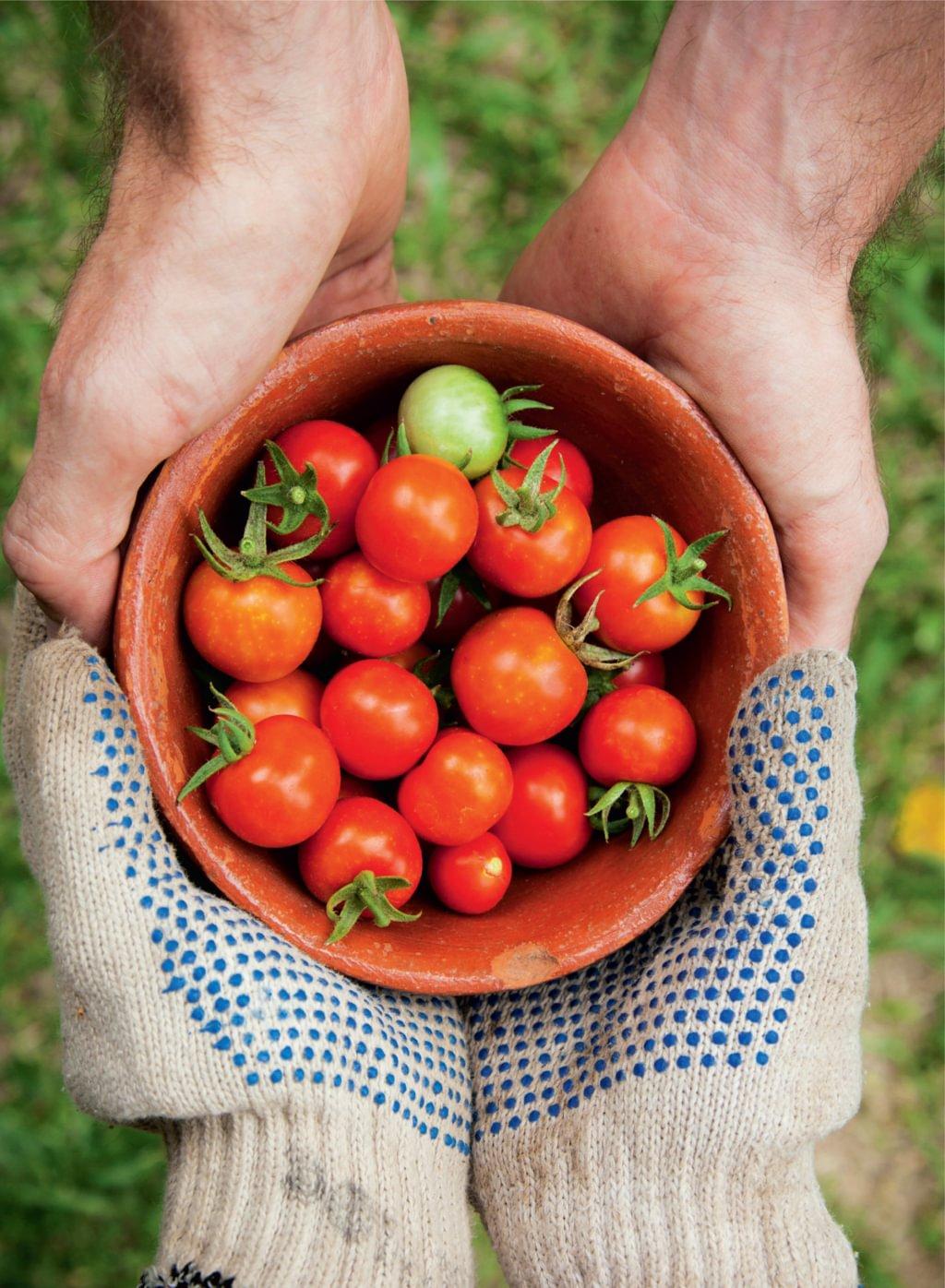
In the face of escalating living expenses and economic uncertainty, embracing mutual-aid initiatives and community-driven solutions can alleviate financial strain and foster resilience in times of need.
Countries around the world, including Australia and New Zealand, are experiencing a cost-of-living crisis that has been running for the past two to three years. High inflation, which is considered to be the primary cause, initially arose from a large boost in spending as the world emerged from COVID lockdowns. Supply-chain disruptions and the war in Ukraine are two additional factors.
Prices have been running ahead of wages, and homeowners with mortgages have received a double whammy, with their budgets also squeezed by interest rate rises designed to dampen the economy in the short term. Since most COVID measures were lifted a few years ago, Australia has seen its cash rate increase from 0.1 per cent to 4.35 per cent, and New Zealand’s has risen further, from 0.25 per cent to 5.5 per cent. However, in both countries, inflation is now on the downturn.
For households whose finances are squeezed, an obvious step is to seek extra sources of income. Also common is minimising discretionary spending and, in some cases,